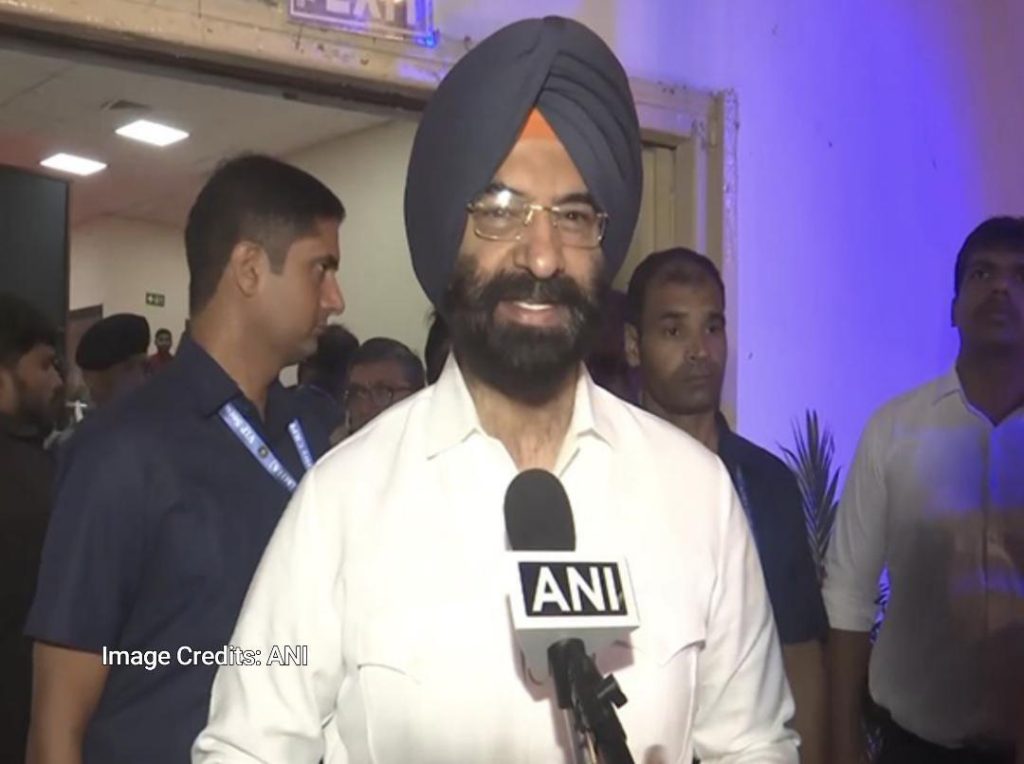
When AAP Ruled, Their Only Task was to Cry & Complain: BJP’s Sirsa
The politics of Delhi has always been a hotbed of controversy, with various parties engaging in heated debates and criticisms. The latest salvo has been fired by BJP leader Manjinder Singh Sirsa, who has launched a scathing attack on the previous AAP-led Delhi government. Sirsa’s remarks came as Delhi Chief Minister Rekha Gupta completed 100 days in office, and the BJP leader took to the streets to criticize the AAP’s performance during their tenure in power.
According to Sirsa, the AAP government was notorious for its excessive complaining and crying, both when they were in power and when they were in opposition. “When AAP was in power, their only task was to cry and complain,” Sirsa said in a statement. “They seize every chance to shed tears. For the first time in 27 years, we have a government that delivers results, not excuses.”
Sirsa’s comments have sparked a heated debate in Delhi’s political circles, with many wondering what prompted the BJP leader to make such a scathing attack on the AAP. While the AAP has been quick to respond, calling Sirsa’s remarks “baseless and misleading,” it is clear that the BJP is looking to capitalize on the AAP’s perceived weaknesses.
But what exactly did Sirsa mean by his statement? Was the AAP government really as ineffective as he claimed? To understand the context of Sirsa’s remarks, it is essential to examine the AAP’s tenure in power and their performance in opposition.
When the AAP first took power in Delhi in 2015, there was a palpable sense of excitement and hope among the people. Kejriwal, a former civil servant, had promised to bring about radical changes to the city’s governance, including a focus on education, healthcare, and infrastructure development. While the AAP’s early days in power were marked by some successes, including the implementation of a free Wi-Fi scheme and the reduction of electricity bills, their tenure was also marred by controversy and inefficiency.
One of the major criticisms of the AAP government was their perceived lack of coordination and communication with the public. The government was often accused of making promises that they failed to keep, and of being slow to respond to public concerns. This lack of transparency and accountability led to widespread disillusionment among the people, and ultimately contributed to the AAP’s defeat in the 2020 Delhi Assembly elections.
But Sirsa’s remarks are not just a criticism of the AAP’s performance in power. He has also accused them of persisting in their “crying and complaining” even in opposition. This is a reference to the AAP’s frequent protests and demonstrations against the BJP government, which they claim are designed to highlight issues such as inflation, unemployment, and corruption.
While the AAP has every right to express their concerns and criticisms, Sirsa’s accusations suggest that the party is more interested in grandstanding than in engaging in constructive dialogue. This is a criticism that has been made by many before, and it is clear that the AAP’s opponents see them as more interested in scoring political points than in working towards meaningful change.
So what does the future hold for the AAP? Will they be able to regain the trust of the people and re-establish themselves as a credible force in Delhi’s politics? Only time will tell, but one thing is clear: the AAP must work harder to address the criticisms leveled against them and to demonstrate their commitment to transparency, accountability, and effective governance.
In conclusion, Sirsa’s remarks are a reflection of the deep-seated divisions that exist in Delhi’s politics. While the AAP has a right to defend themselves against such criticisms, it is clear that they have much work to do to regain the trust of the people. For their part, the BJP must also be held accountable for their own actions and policies, and must work to build bridges with the people of Delhi rather than simply relying on divisive rhetoric.






